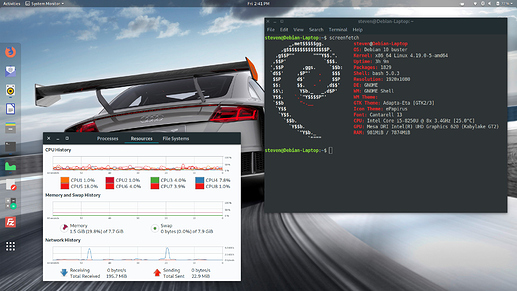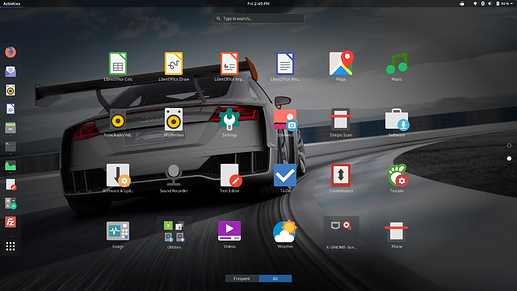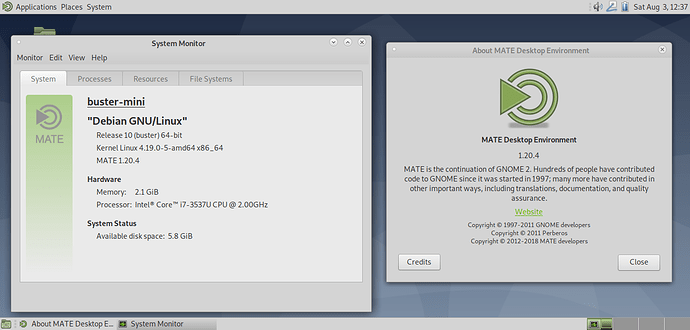Switching from Ubuntu to Debian is easier than you might think.
Considering you are here, you most likely already know how to install a Linux distribution, so I'm not going to cover that here. What I will share with you are some very basic steps that should help you on your way to installing Debian on your equipment if you desire to do so.
First I would recommend using the netinst iso, which contains just the core Debian installer code and a small core set of text-mode programs. During the install process you can choose which desktop environment you want to install, including Gnome, KDE, Mate, lxde, lxqt, xfce, etc. You will get the most up to date packages this way as they will be downloaded during the installation process. Obviously a Internet connection is required to use the netinst iso.
You can download the amd64 version of the netinst iso here. http://cdimage.debian.org/cdimage/release/current/amd64/iso-cd/
Good news if your using the i386 platform. Debian still supports it. You can download the i386 version of the netinst iso here. http://cdimage.debian.org/cdimage/release/current/i386/iso-cd/
But what about hardware compatibility? You have two options.
Option one is to download firmware drivers, put them on a USB drive and insert them if needed, and you will be asked to do so if the installer does not support all of your hardware. At a minimum, you probably will need to do this to get your WiFi working. This is the option I used, and it worked very well. You can download the firmware here. http://cdimage.debian.org/cdimage/unofficial/non-free/firmware/buster/current/
Option two is to download the unofficial alternative build that includes non-free firmware. You can download that here. http://cdimage.debian.org/cdimage/unofficial/non-free/cd-including-firmware/current/
You may also find the following link helpful. https://wiki.debian.org/Firmware
If a Internet connection is not posible when your installing see the following links listed below.
For amd64 builds http://cdimage.debian.org/cdimage/release/current/amd64/iso-dvd/
For i386 builds http://cdimage.debian.org/cdimage/release/current/i386/iso-dvd/
I elected to install the Gnome DE during the install from a netinst iso on a realitively new laptop (September 2018). The installation went very well. All hardware was picked up and supported. I did use the firmware download on a USB drive as it was needed for the WiFi card. Debian 10.0 works very well out of the box, every bit as good as Ubuntu 18.04.2 LTS.
A couple screenshots for you.
For me, deciding to leave Ubuntu was a Snap 





 ... Looks like a good project to try on a raspberry pi with raspbian lite as the base.
... Looks like a good project to try on a raspberry pi with raspbian lite as the base.